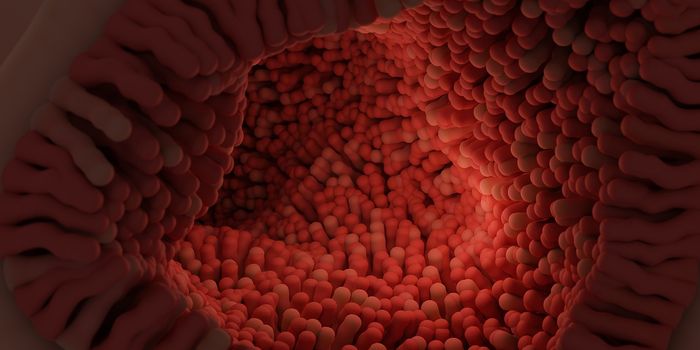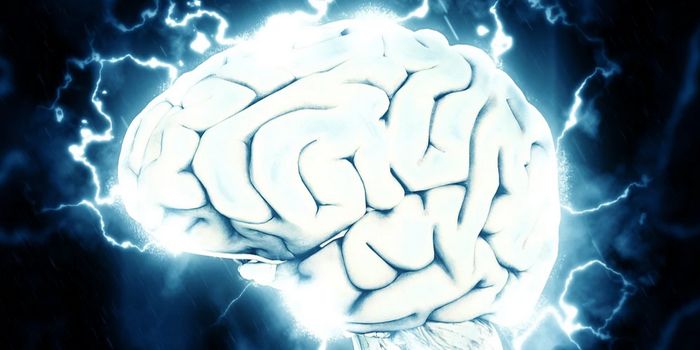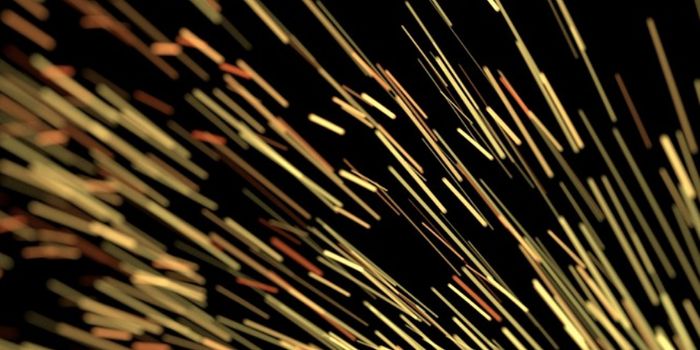Natural Molecules Can Stop Antibodies From Neutralizing SARS-CoV-2
When we're exposed to a pathogen, our immune system normally mounts a robust response against it. Antibodies are generated to bind to the pathogen. Antibodies that neutralize a virus can stop it from infecting more cells and causing more illness. However, some people that have COVID-19 carry high levels of antibodies against the SARS-CoV-2 virus, but they still get really sick. Now researchers may have an explanation. Their work has identified natural molecules that are present in the human body called biliverdin and bilirubin that seem to prevent antibodies from binding to the SARS-CoV-2 virus. The findings have been reported in Science Advances.
These molecules seem to interfere with antibodies that bind to the spike protein of the coronavirus, which is what the pathogen uses to get into cells and infect them, which ultimately generates and releases more viral particles. Biliverdin and bilirubin may be present at variable levels in different people, and are generated normally as red blood cells break down.
While the world is extremely lucky to have gotten vaccines on the timetable we did, which few expected, it was largely due to behind-the-scenes work on mRNA vaccines that a handful of people were quietly toiling at for many years. The elusive nature of a decent treatment for COVID-19 shows how long it can take to learn what we need to know about a pathogen in order to fight it. Researchers will certainly be continuing to learn more about how immunity against SARS-CoV-2 can be built and maintained.
Francis Crick Institute researchers found that the spike protein of SARS-CoV-2 can strongly bind to biliverdin. Collaborating with other teams revealed that the interaction between the spike protein and biliverdin was reducing the ability of antibodies to bind to the spike protein. Using samples that had been donated by people once infected with SARS-CoV-2, the researchers determined that biliverdin could suppress the binding between antibodies and spike protein by 30 to 50 percent. Some antibodies became totally ineffective at neutralizing the virus.
"When SARS-CoV-2 infects a patient's lungs it damages blood vessels and causes a rise in the number [of] immune cells. Both of these effects may contribute to increasing the levels of biliverdin and bilirubin in the surrounding tissues. And with more of these molecules available, the virus has more opportunity to hide from certain antibodies," said first study author Annachiara Rosa Ph.D., a postdoctoral training fellow in the Chromatin structure and mobile DNA Laboratory at the Crick. "This is a really striking process, as the virus may be benefiting from a side-effect of the damage it has already caused."
Sources: AAAS/Eurekalert! via The Crick Institute, Science Advances









